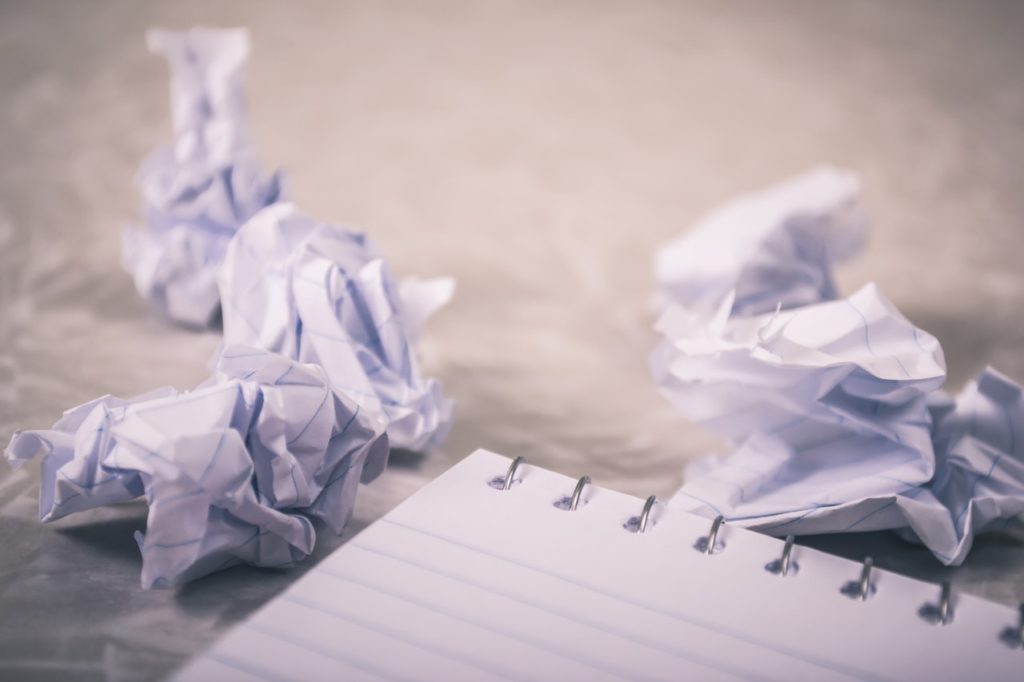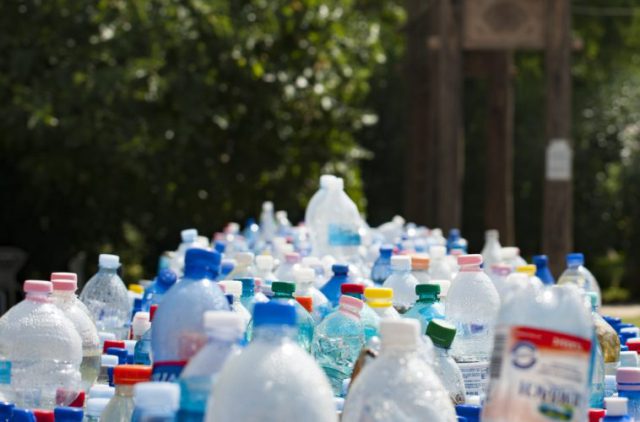We are already creating approximately 2.12
billion tonnes of waste around the world every single year, and this figure
is set to increase to 4 billion tonnes in 2100. While the world’s leading
authorise are working tirelessly to address the matter, the truth of it is that
the responsibility falls to every single person on the planet to do their bit
to save our world and the environment we live in.
This article has been researched and
created by 8
yard skip supplier Reconomy, in order to investigate the new and creative
manner in which some people are tackling the growing waste problem.

The
power of paper: EcoHelmet
Paper is a top contributor to the landfill,
sadly. In fact, you might be surprised to hear that the amount of paper sent to
landfills each year could fill an estimated 103,000 double decker buses — but
EcoHelmet is making it its mission to recycle paper and put it back into better
use.
Even with the odds of injury stacked
against them, particularly when riding on the road, 90% of cyclists neglect to
wear a helmet. Based in New York City, EcoHelmet
offers cyclists an inexpensive way of riding by using a folding helmet that can
be recycled at the end of a person’s ride. The helmet is made from 100%
waterproof recycled paper and structured in a honeycomb pattern to ensure that
all blows from falls or crashes are absorbed by the helmet. The beauty of the
helmet is that you can fold it flat and that one size fits all.
The helmets are made at a tiny fraction of
the price it costs to make a regular helmet, and remains aesthetically
pleasing. The helmet can be easily disposed of unlike other helmets. For
example, it takes 500 years to break down styrofoam helmets and they never
truly decompose!
Kickflipping the issue around: Wasteboards
Using plastic bottle tops as raw material,
Amsterdam-based company Wasteboards creates unique and beautiful skateboards. An
estimated 20,000 plastic bottles are produced every second and a lot of this is
ending up in our oceans leaving devastating impacts on marine life.
Wasteboards
creates one-of-a-kind skateboards from plastic bottle caps gathered by teams in
the community, who get the caps from events and businesses. Each board is made
by hand and the design doesn’t shy away from what they’re made from — which is
part of the appeal to its main demographic; young people who want to do their
part in saving the planet.
Making wasteboards from plastic caps is a
skilled process. Bottle tops are collected from popular events across the city
— or sometimes fished from Amsterdam canals by a professional plastic fishing
company. After that, caps are then placed in different positions within the
mould to create a basis of the design.
The wasteboards all have their own, unique
patterning, with the bottle tops melting in unpredictable ways during the
baking process. The special baking technique used allows the bottle tops to
keep their original look and characteristics. After some time to cool off, the
boards are then assembled and ready to be sold.
Slicing through the problem: Toast Ale
A good loaf doesn’t just fill our stomachs
– sadly, it fills our bins too. Although 12 million loaves are sold on a daily
basis, 44% of bread is wasted,
which has presented itself as a significant contributing factor to the epidemic
food waste crisis here in Britain. In a bid to end food waste, Toast Ale has partnered up
with bakeries to collect unsold loaves and unused crusts from sandwich makers
to craft a fine beer, while donating all profits made to environmental
charities.
From crumble
beginnings, Toast Ale has delivered a simple recipe for bread-based beer to
various locations up and down Britain. Once the bread has been delivered to the
team, it is then sliced and dried in the oven at around 90°C for an hour. Then,
it is crushed into the size of croutons.
The grains are
doused in 15.7l of 67°C water, covered, and left to soak for an hour. The
liquid is then drained while rinsing the grains with water at a temperature of
78°C to remove any additional sugars — this should be done until you’ve reached
25l. Use around 20l of water and this will remove any tannin tastes.
The grains are brought to a boil and, 90
minutes into the process, 5g of German Hallertau Tradition is mixed in for a
bitter taste. This can balance the caramel notes from the bread and the papaya
and mango notes from the aroma that is added later. If you’re interested in
trying your own, the full recipe is available here — there’s a
whole science behind it!









